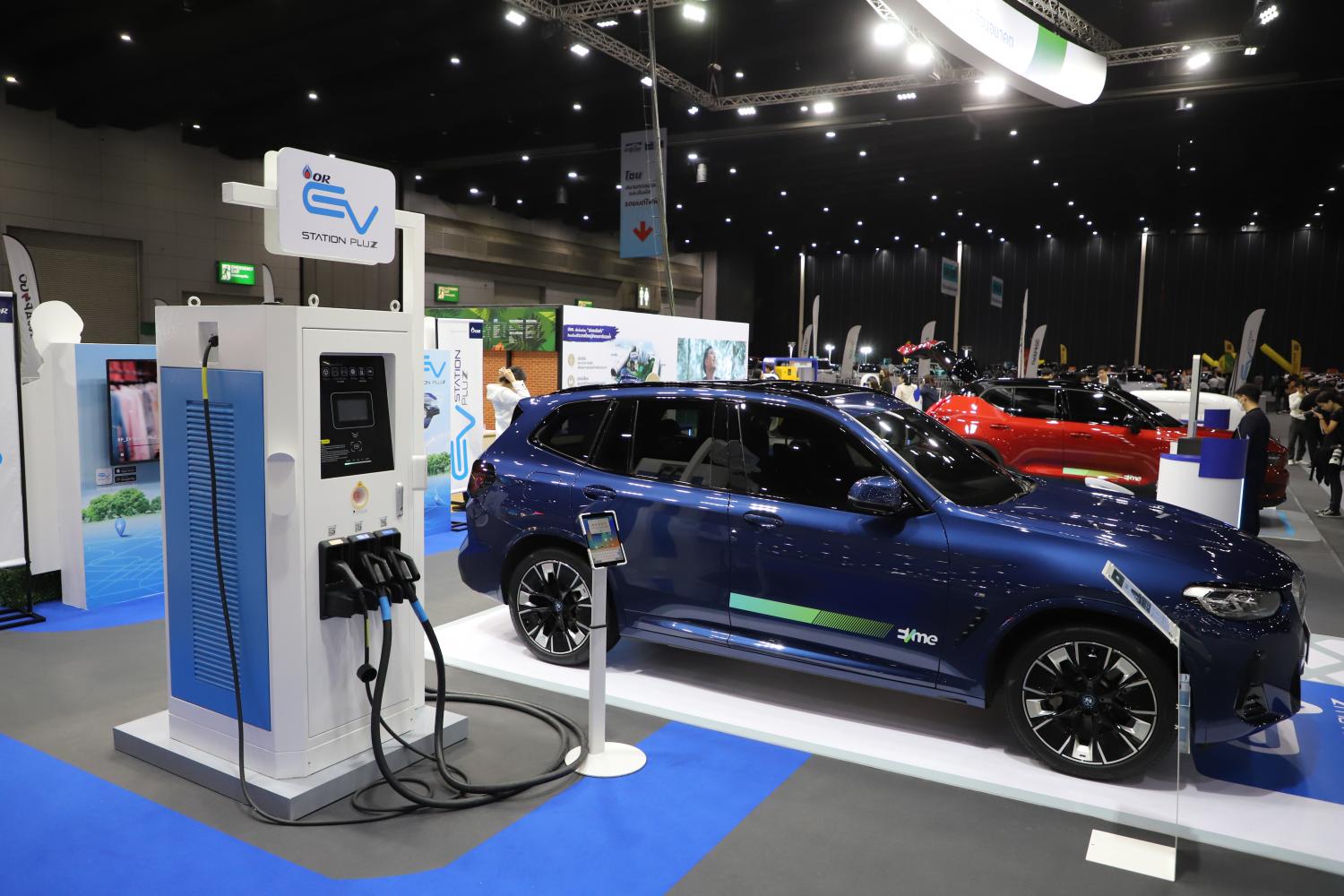Vow to Japanese includes incentives to produce cars with internal combustion engines

Prime Minister Srettha Thavisin reaffirmed to the Japanese government that the Thai government will continue to support the production of internal combustion engine (ICE) vehicles for the next 10-15 years to ensure a smooth transition to electric vehicles (EVs).
He said the government will provide incentives to ICE car producers that relocate their manufacturing bases to Thailand for export.
During a keynote speech delivered on Friday at a forum entitled "Deciphering the Investment Code: Overcoming the Crisis", organised by Prachachart, Mr Srettha said Japan ranks first in terms of foreign direct investment.
He said Japan is concerned the Thai EV market will put it at a disadvantage from a business perspective as Japan may be a little slow when it comes to EVs.
"I will travel to Japan in December and I want to assure Board of Investment officials the government will not forget the grace of the Japanese government or Japanese investors that have helped us the past several decades," said Mr Srettha.
As Thailand is the leading automotive manufacturer in the region, the government will continue to support the production of ICE vehicles over the next 10-15 years, even as EV production balloons, he said.
The ICE car industry has a large supply chain and there have been ongoing discussions to maintain this industry, said Mr Srettha.
From now until December (before the trip to Japan), he said there will be a discussion with automotive associations on how to position Thailand as the hub for downstream production of ICE cars. The government plans to provide some incentives for industries that relocate their manufacturing bases to Thailand for export.
Regarding geopolitical conflicts, Mr Srettha said Thailand will maintain a neutral position, keeping a diplomatic balance to bring maximum benefits to the country.
He said the economic situation requires rehabilitation measures to help reduce the cost of living.
The government reduced transport and energy costs as well as introduced debt suspension programmes for small-scale farmers and community enterprises.
Over the past decade, several governments have implemented debt suspension measures for farmers, totalling 13 programmes, yet farmers are still debt-ridden.
Yet Mr Srettha insisted the debt suspension scheme needs to be continued to help build the morale of farmers so they can continue working, leading to further rehabilitation.
He confirmed the government does not plan to offer a rice pledging scheme unless there is a natural disaster, such as a flood or massive drought, in which case the government needs to intervene.
Regarding the drought projection, which is estimated to start around April next year, Mr Srettha ordered the Royal Irrigation Department to ensure sufficient water for the industrial sector to build investor confidence.
He said his trip to the UN General Assembly in New York helped to attract investment from some of the world's biggest companies, while gauging interest in free trade agreements from other countries.


